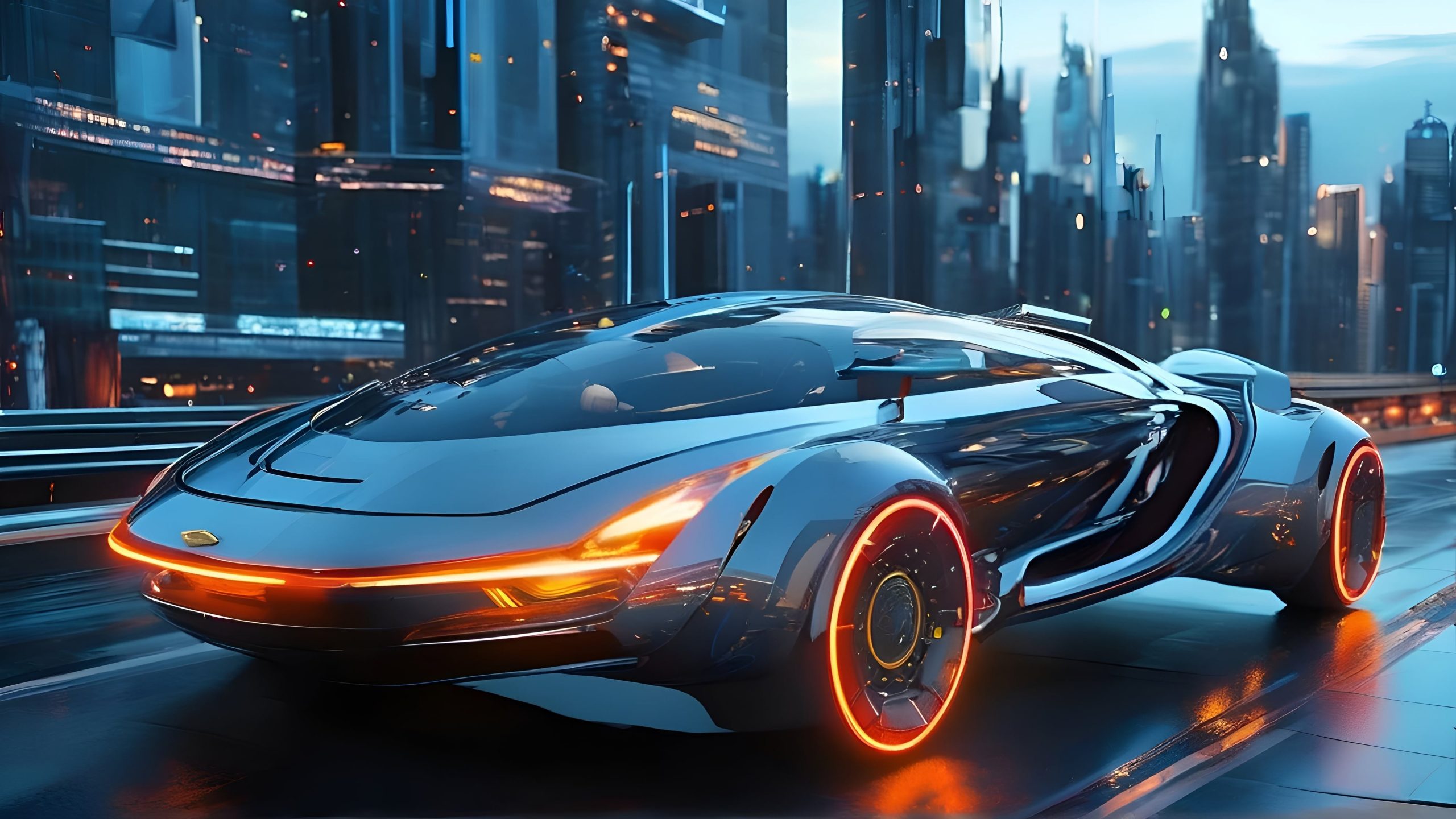Introduction – Electronic Control Module
The future of car technology is nothing short of revolutionary. As we move closer to fully autonomous vehicles, car computers are expected to play an even greater role in transforming the way we drive. The next generation of Electronic Control Modules will not only control the basics like fuel efficiency and engine performance but will manage entire fleets of sensors and artificial intelligence systems to make real-time driving decisions. In this final part of our series, we’ll look ahead to the future of automotive computing, from self-driving cars to the integration of 5G technology, and how these advancements will change the driving landscape.
The Future Challenge: Building Smarter, Safer Cars
As the automotive industry looks ahead, the challenge of building smarter, safer cars becomes even more pronounced. Innovations in automotive technology continue at a rapid pace, fueled by advances in artificial intelligence (AI), data analytics, and connectivity. These smarter cars must be capable of interacting seamlessly with their environment, using sensors, cameras, radar, and other advanced systems to detect and respond to potential hazards. Autonomous and semi-autonomous driving systems are at the forefront of this movement, with features like adaptive cruise control, lane-keeping assistance, and automated parking becoming more commonplace. The challenge is not only to ensure that these systems perform flawlessly under a wide range of conditions but also to build public trust in their reliability and safety.
The push for smarter cars also goes hand-in-hand with sustainability. As electric vehicles (EVs) gain traction, manufacturers are tasked with optimizing battery management systems, enhancing range, and integrating renewable energy solutions. Intelligent Electronic Control Modules play a critical role in maximizing energy efficiency by monitoring and adjusting power distribution in real-time, helping vehicles achieve longer ranges while minimizing environmental impact. The challenge for manufacturers is to continuously innovate while meeting stringent environmental standards and consumer expectations for convenience, performance, and cost-effectiveness.
Cybersecurity is yet another dimension that presents a significant hurdle for future smart cars. With greater connectivity and data sharing capabilities, cars become more vulnerable to cyber threats. Protecting vehicle networks from hacking, data breaches, and unauthorized access requires constant vigilance and advanced encryption technologies. Automakers are working to create robust cyber defenses, ensuring that connected vehicles remain secure while offering unparalleled levels of personalization and smart functionality. As the industry moves toward an interconnected, autonomous future, building smarter and safer cars is a complex but essential goal for meeting the evolving needs of consumers, regulators, and society at large.
Tomorrow’s Cars and Autonomous Driving
The future of automotive technology is heavily reliant on the evolution of ECUs, especially with the development of autonomous vehicles. In self-driving cars, ECUs will play a central role in managing a wide range of functions that were previously handled by human drivers. With the integration of artificial intelligence (AI) and machine learning, future ECUs will be able to process vast amounts of data from sensors, cameras, and radar, allowing vehicles to make complex decisions in real time.
Autonomous cars will rely on multiple Electronic Control Modules working in unison to control not just the engine and transmission, but also the vehicle’s entire perception system. These ECUs will have to make decisions about braking, steering, and acceleration based on input from a variety of sensors. This interconnected network of ECUs will enable cars to “see” and respond to their environment, taking over tasks that were once the responsibility of the driver. As the technology progresses, autonomous vehicles will become safer, more reliable, and more efficient, driven by the continuous evolution of car computers.
The Role of 5G and AI in Automotive ECUs
The integration of 5G networks and AI into future ECUs will further transform the automotive industry. 5G connectivity will allow for faster communication between the car’s ECUs, sensors, and external infrastructure like traffic signals or other vehicles. This high-speed communication will enable real-time data sharing, which is essential for the safe and efficient operation of autonomous vehicles.
In addition to 5G, AI will allow ECUs to process data more intelligently. Cars will be able to adapt to road conditions, traffic patterns, and even driver preferences, offering a more personalized and responsive driving experience. AI will also improve predictive maintenance capabilities, allowing ECUs to detect potential issues before they become problems. This will lead to fewer breakdowns, lower repair costs, and a more enjoyable ownership experience for car buyers.
Conclusion – Electronic Control Module
The future of car computers is bright, with advancements in AI, 5G, and autonomous driving set to reshape how we think about transportation. As ECUs continue to evolve, they will drive cars that are smarter, safer, and more efficient than ever before. While the road to fully autonomous vehicles is still being paved, the progress made thus far is a testament to the ingenuity and potential of automotive technology. As we look ahead, one thing is certain: the next generation of car computers will revolutionize not just the way we drive but the very concept of mobility itself. However, if you’d want to look back to the start of the ECM evolution, click here.
Contact Us
Ready to start with an Electronic Control Unit tailored to your needs? Fill out the form below, and we’ll help you find the perfect solution. Complete in a minute, and our team will provide the expert support and service you need.
